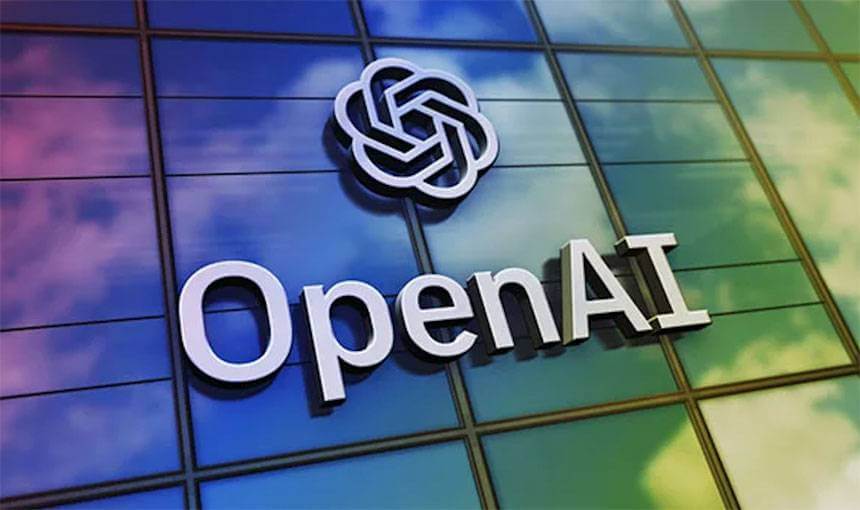OpenAI, the San Francisco-based artificial intelligence research company behind models like ChatGPT, is undergoing a significant transition to a for-profit structure, a move designed to secure the capital needed to sustain its rapid development pace and make its services broadly available. To ensure this transition aligns with its founding mission of benefiting humanity, OpenAI has enlisted the expertise of prominent figures like Dolores Huerta and other philanthropic experts to guide its social responsibility efforts.
The Shift to a Public Benefit Corporation
OpenAI's for-profit arm is being restructured into a Delaware Public Benefit Corporation (PBC). This strategic pivot allows the company to attract more investment while prioritizing social impact. PBCs are legally obligated to balance shareholder interests with their stated public benefits, making it a strategic choice for OpenAI to align profit with purpose. The nonprofit will control and also be a large shareholder of the PBC, giving the nonprofit better resources to support many benefits. This structure is designed to ensure that ethical considerations remain a core focus as the company grows.
Enlisting Expertise for Social Responsibility
To ensure its mission remains central to its operations, OpenAI has formed a nonprofit advisory commission. This commission includes:
- Dolores Huerta: The iconic labor leader and civil rights activist, co-founder of the United Farm Workers union.
- Monica Lozano: The publisher and editor of La Opinión, the United States' largest Spanish-language newspaper.
- Robert K. Ross: The former president and CEO of the California Endowment.
- Jack Oliver: The former co-chair of Bono's ONE Campaign.
- Daniel Zingale: A veteran of the California Endowment and former advisor to California Gov. Gavin Newsom, who will convene the advisory group.
These advisors bring decades of experience working with community-based organizations and will provide strategic guidance for OpenAI's philanthropic activities. Daniel Zingale stated that Huerta “recognizes the importance of AI in the world today and anyone who has been paying attention for the last 50 years knows that she will be a force in this conversation".
Balancing Profit and Ethics
The transition to a for-profit model raises critical questions about balancing profit motives with ethical AI development. Critics argue that prioritizing shareholder returns could compromise the organization's principles. However, the PBC structure and the oversight of the nonprofit advisory commission are intended to mitigate these concerns. OpenAI's CEO, Sam Altman, has emphasized the importance of making AI tools accessible to everyone, not just those who can afford them or those close to Silicon Valley.
Challenges and Criticisms
Despite these efforts, OpenAI's transition has faced scrutiny. Some critics believe that the shift to a for-profit PBC structure, particularly with substantial investment backing, represents a commodification of intelligence that undermines the original philanthropic foundation. Concerns have also been raised about the potential for advanced AI tools to exacerbate existing inequalities in the workforce. An MIT study revealed that AI tools can enhance productivity but disproportionately benefit top-tier employees, potentially widening income gaps.
Looking Ahead
OpenAI's move to a for-profit model reflects the growing need to balance innovation, profit, and ethical responsibility in the AI industry. By adopting a PBC model and seeking guidance from experienced philanthropic experts, OpenAI aims to secure the capital necessary for groundbreaking advancements while maintaining its mission to benefit humanity. The company's success will depend on its ability to navigate the challenges ahead, including managing workforce implications, addressing ethical concerns, and ensuring that its AI tools are used for the benefit of all. OpenAI's transition is not a done deal yet, and final approval from the attorneys general is pending.















